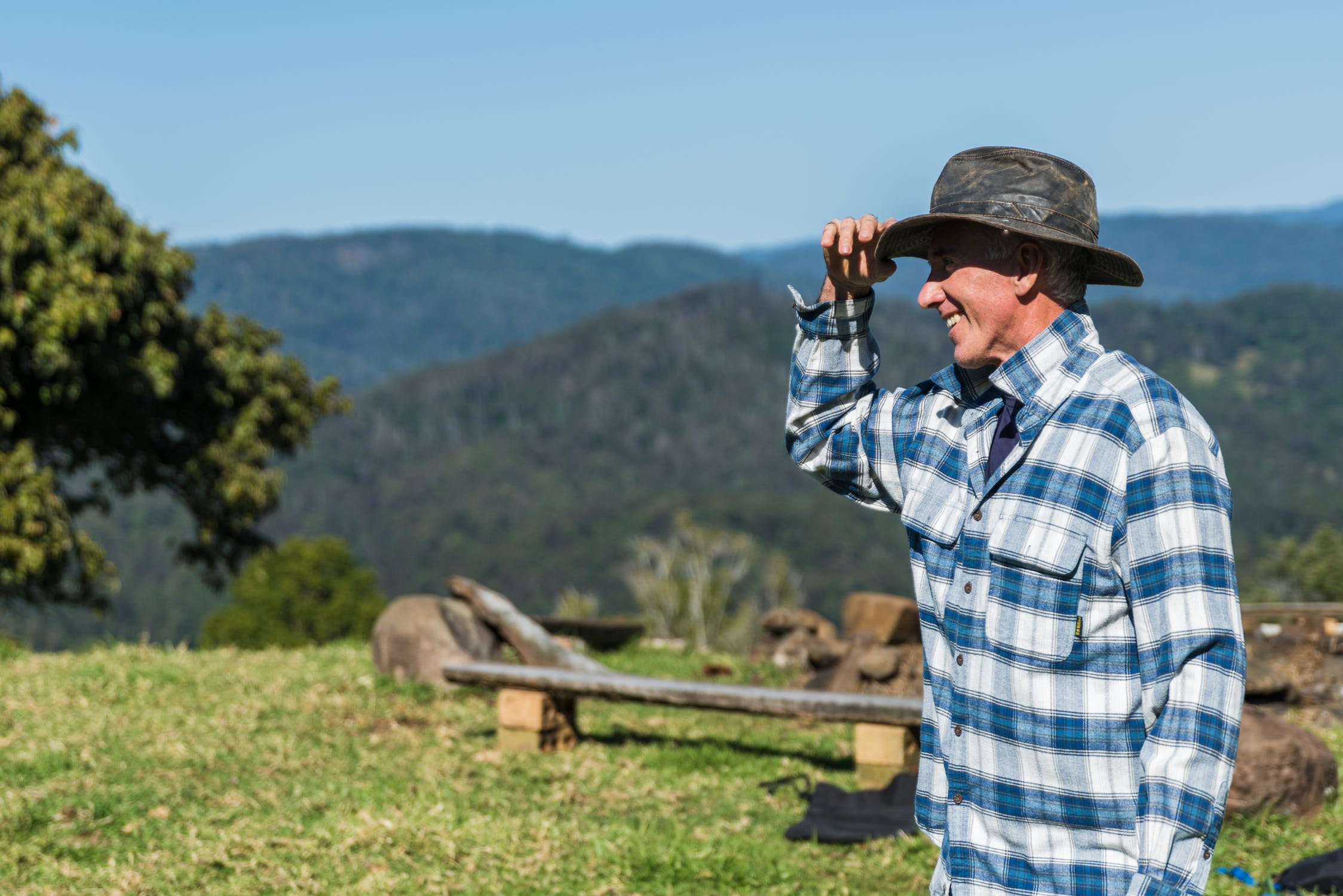 article by Bob Shannon
article by Bob Shannon
Homesteading is not a recent concept. In fact, as Mother Earth News explains, it dates back to the middle 1800s when the government first offered 160 acres to anyone willing to live and work the land for five years. Today, homesteading is synonymous with people simply wishing to be more self-sufficient. Often, this means retirees hoping to carve out a peaceful patch for their golden years.
Is it downsizing?
Many people believe that homesteading means they have to downsize their house. In reality, you may actually need to upsize or, more accurately, “rightsize” your new home. This means looking for a house, not necessarily based on square feet, but one that offers all the space you need to pursue your pet projects and passions. The Lee Team can sit down with you to determine what, exactly, you need, so that you aren’t spending more than you need to and that you don’t wind up with unused or unutilized space.
Money matters.
Speaking of spending, it’s also a good idea to talk with your real estate agent and mortgage lender about how much you can reasonably afford. A number of factors will come into play here, including your savings and, if applicable, continuing income. If you have yet to sell your home, that might make it a bit difficult, particularly if you need the equity for a down payment. You may, however, have the option to extend closing if you plan to buy and sell simultaneously. Once you’ve narrowed down your budget, make sure to check local taxes and whether or not there are any special advantages of buying in a rural area, which will likely be needed since homesteading requires more than just a front lawn.
The space race.
In addition to the size of your home, you must also consider how many acres you will need based on your needs, wants, and physical abilities. While the original acreage provided by the Homesteaders Act is certainly enough, land is not cheap. Today, you are likely going to have to look at a much smaller plot. Keep in mind that you need a place to raise food and animals, along with storage and lots of work space. And since you will likely be spending lots of time with the kids and grandkids, you also want to section out an area for outdoor entertainment and recreation.
More money matters.
Something that many new homesteaders fail to consider is the cost of operating what boils down to a farm. Depending on how big you want to go and how much machinery you are willing to invest in, you could easily spend $100,000 plus just to get started, and that does not include the cost of your land and home. Keep these expenses in mind as you discuss your wants with your real estate agent. That said, you must also weigh the benefits, both financial and personal. Having a farm and homestead where you live gives you an opportunity to live humbly. It will help build a strong work ethic for generations to come, and it will show your family that money and material possessions aren’t all that important.
Buying a home for your retirement is an exciting process. It’s made even more so when you know that your future will be self-sufficient and spent caring for the land that you call home. But homesteading is a process, and it is one that must begin with lots of research. Talk to your agent about available properties, and don’t forget to calculate expenses that you would not incur in a city or suburban area. Most of all, make sure you have a good pair of gloves you’re willing to roll up your sleeves and get dirty.
 Facebook
Facebook
 Twitter
Twitter
 Pinterest
Pinterest
 Copy Link
Copy Link